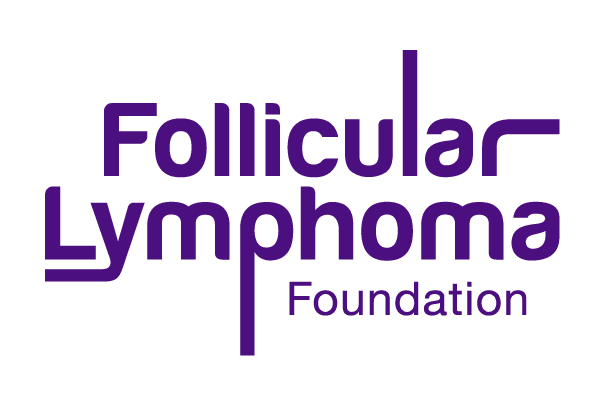FLF’s Chief Medical Officer’s key highlights from the American Society of Hematology (ASH) 2024 Annual Meeting
Mitchell Smith, M.D., PhD
Chief Medical Officer, FLF
January 2025
Dr Mitchell Smith, FLF CMO, shares his highlights from ASH 2024 in San Diego. This article features three interconnected themes:
- Immunotherapies (CART and bispecific antibodies): Several key developments were reported in terms of longer follow-up data, use of different targets, unravelling why certain patients still relapse, and pushing for a reality where immunotherapy could be used without prior chemotherapy.
- Other therapies: There is increasing interest and promising early data in other classes of drugs including: CELMoDs, BTK inhibitors, and antibody-drug conjugates (ADCs). All these therapies are being investigated either alone or in combination with other therapies.
- Deeper molecular understanding: Exciting technological advances means we are gaining a deeper understanding of the FL cell biology and its microenvironment. This work leads the way to better detection, monitoring and prediction of FL, how it progresses and how it should be treated on an individual level.
To read the brief summary of key highlights visit our news article here.
